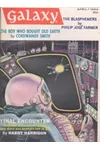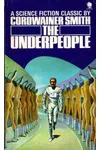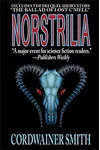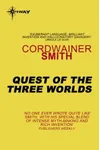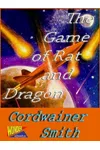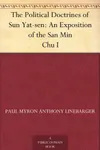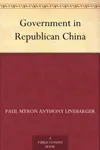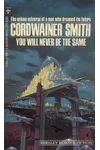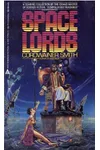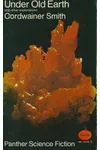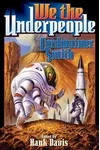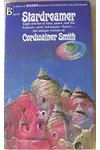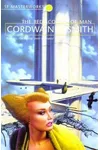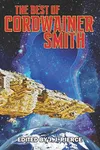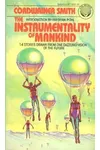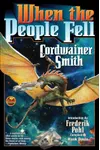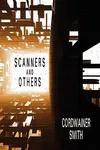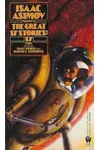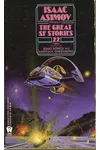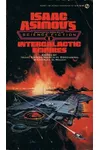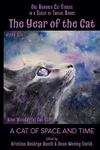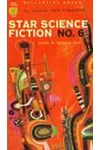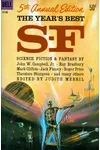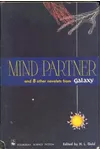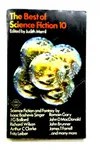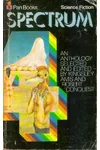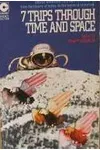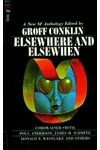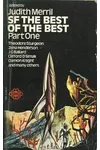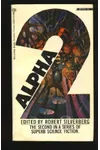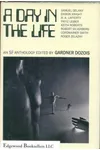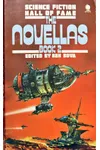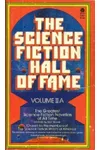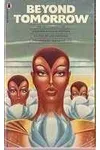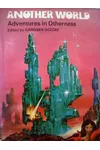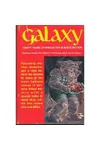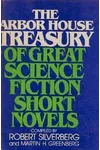Picture an American storyteller who wove tales of psychic cats and immortal drugs in a universe unlike any other—meet Cordwainer Smith! Born Paul Myron Anthony Linebarger, this science fiction visionary was more than a writer. A scholar of East Asian affairs, a psychological warfare expert, and godson of Chinese revolutionary Sun Yat-sen, his extraordinary life fueled stories that still captivate readers decades after his death at 53.
The Making of Cordwainer Smith
Born on July 11, 1913, in Milwaukee, Wisconsin, Linebarger’s childhood was a whirlwind of global adventure. His father, a judge in the Philippines and advisor to Sun Yat-sen, moved the family across Asia, Europe, and the U.S., immersing young Paul in diverse cultures. Fluent in six languages by his early twenties, he earned a Ph.D. in political science from Johns Hopkins at 23. His career took him from teaching at Duke University to serving as a U.S. Army officer during World War II, where he helped pioneer psychological warfare tactics in China.
Linebarger’s fascination with storytelling emerged early, but his science fiction career began in earnest after the war. Adopting the pseudonym Cordwainer Smith—evoking skilled craftsmanship—he kept his writing identity secret, shielding his academic and military roles from sci-fi fans. His Chinese-inspired pseudonym, Felix C. Forrest, tied to his adopted name Lin Bai-lo (Forest of Incandescent Bliss), hinted at the cultural depth he’d bring to his work.
Cordwainer Smith’s Unforgettable Stories
Cordwainer Smith’s science fiction is a dazzling blend of poetic prose, technological wonder, and philosophical depth, set in his Instrumentality of Mankind universe—a sprawling future history spanning 15,000 years. His stories, influenced by Chinese narrative styles and Christian themes, explore humanity’s evolution, often through beings no longer entirely human. His output was small due to his demanding career, but each tale is a gem.
His first published story, Scanners Live in Vain (1950), stunned readers with its tale of cyborgs sacrificing sensation to navigate space, only to rediscover humanity. The Game of Rat and Dragon (1955) paired telepathic cats with human pilots to battle hyperspace demons, blending whimsy with cosmic horror. The Ballad of Lost C’Mell (1962) introduced a cat-derived heroine fighting for underpeople’s rights, showcasing Smith’s empathy for the marginalized. His only novel, Norstrilia (1975), follows a boy from a stroon-rich planet navigating a decadent Earth, weaving satire and adventure.
Smith’s style is unmistakable: lyrical, mythic, and rich with religious and psychological undertones. His tales often explore free will, identity, and transcendence, reflecting his expertise in psychology and his later devotion to Episcopalianism. Unlike typical sci-fi, his work feels like ancient folklore retold in a futuristic galaxy.
Why Cordwainer Smith Matters
Despite his limited output, Cordwainer Smith’s influence on science fiction is profound. His innovative world-building inspired authors like Ursula K. Le Guin and Frank Herbert, while his poetic style prefigured the New Wave movement. His stories, collected in The Rediscovery of Man (1993), remain cult classics, cherished for their emotional depth and visionary scope. The Cordwainer Smith Rediscovery Award, established in 2001, honors overlooked sci-fi talents, cementing his legacy.
Smith’s life as a psychological warfare expert and East Asian scholar also shaped Cold War strategies, but his fiction offered a hopeful counterpoint, imagining worlds where empathy triumphs. His ability to blend disparate threads—Chinese storytelling, Christian allegory, and futuristic speculation—makes him a singular voice whose work feels timeless.
- Born: July 11, 1913, Milwaukee, Wisconsin
- Died: August 6, 1966, Baltimore, Maryland
- Key Works: Scanners Live in Vain, The Game of Rat and Dragon, The Ballad of Lost C’Mell, Norstrilia
- Pseudonyms: Cordwainer Smith, Felix C. Forrest, Carmichael Smith
Snag The Rediscovery of Man and dive into Cordwainer Smith’s lyrical sci-fi universe—where cats fight demons and humanity dreams beyond the stars!
